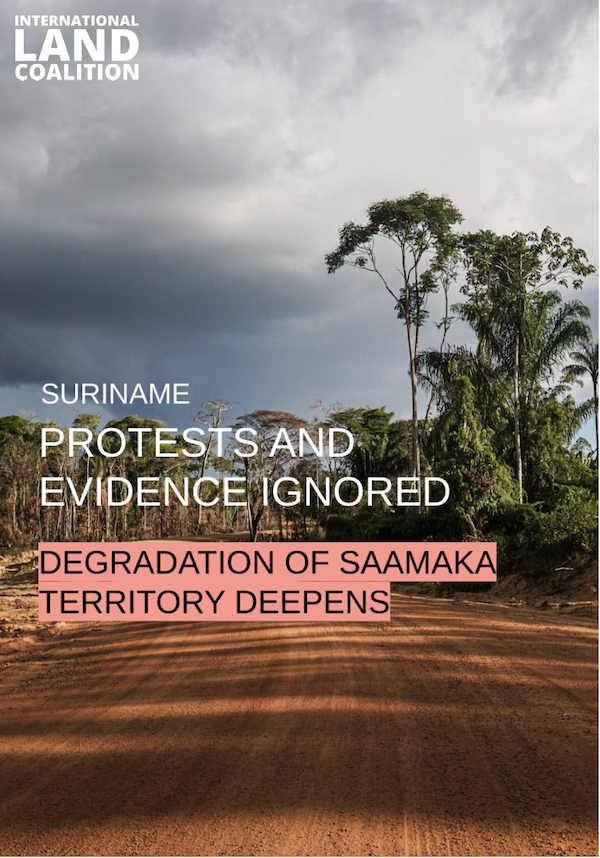Ground Zero? Let’s get real on regeneration! Report 1: State of the art and indicator selection
The urgency with which the world needs to combat climate change has led to ambitious commitments by
leading food companies such as Nestlé. Given that a large proportion of emissions in supply chains occur during the
production of commodities, focus has converged on Regenerative Agriculture as a key strategy to achieve
those goals. The Regenerative Agriculture agenda coalesces around three main goals:
• Reduce the Carbon Footprint
• Enhance Soil Health
• Enhance and safeguard Biodiversity





